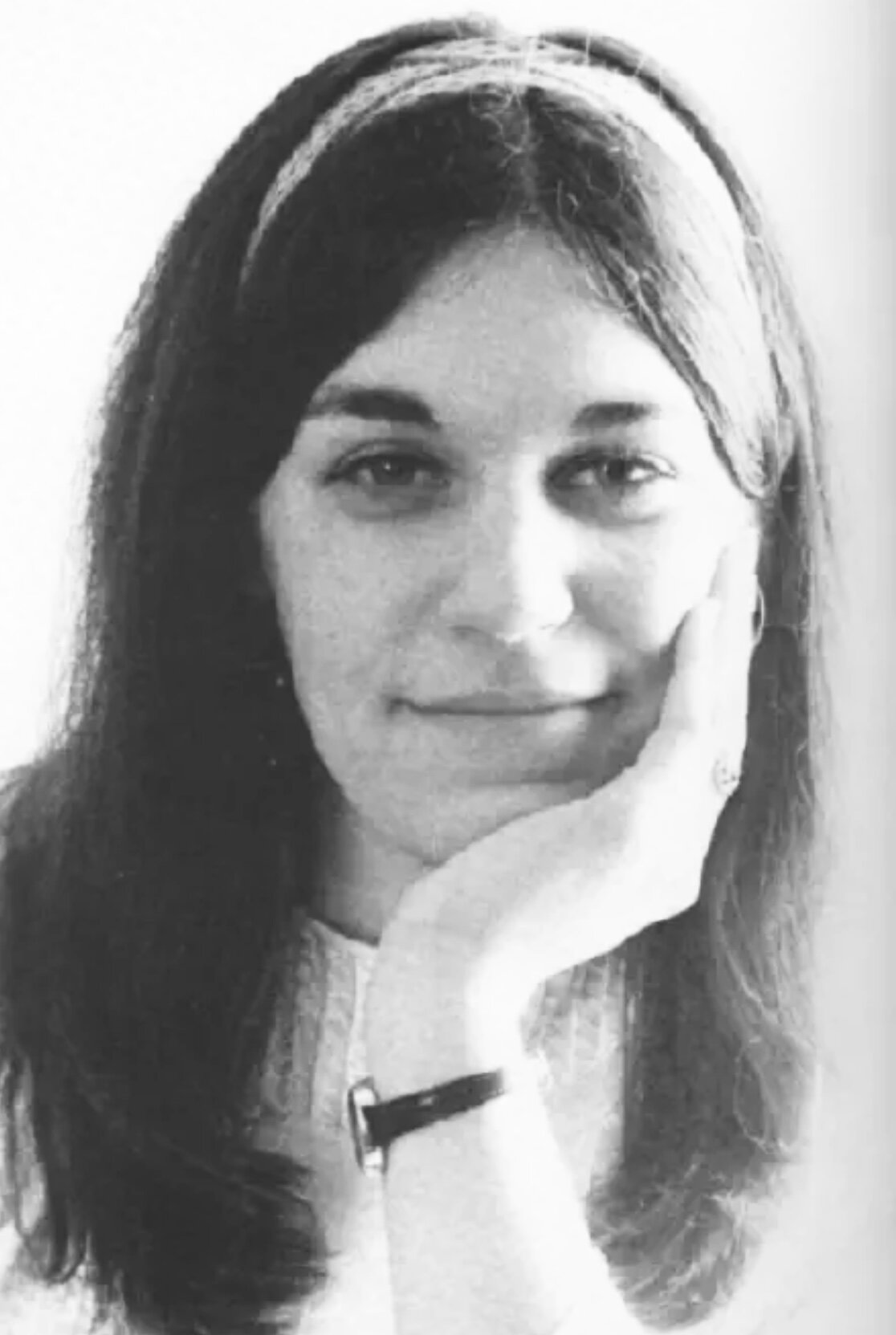I put myself in harm’s way to do this because none of us are safe anyway as long as murderers are in charge. Not even the minions of this cabal - many of which have been sent after me - they know who they are - are safe from the destructiveness of the ones holding their reins. This is what I’ve been trying to prove over and over beyond a shadow of a doubt. When heroes fall in this war for truth, it is our job to pick up that flag and to KEEP FIGHTING.
Christopher Hitchens continues:
The report also contradicts itself, stating at one point that Contreras's activities overseas were opaque, and at another that: Within a year after the coup, the CIA and other US Government agencies were aware of bilateral cooperation among regional intelligence services to track the activities of and, in at least a few cases, kill political opponents.
This was the precursor to Operation Condor, an intelligence-sharing arrangement among Chile, Argentina, Brazil, Paraguay and Uruguay established in 1975.
So now we know: the internationalization of the death squad principle was understood and approved by US intelligence and its political masters across two administrations.
The senior person concerned in both administrations was Henry Kissinger.
Whichever "interagency committee" is meant, and whether it is the Forty Committee or the Interagency Committee on Chile, the traces lead back to the same source.
On leaving the State Department, Kissinger made an extraordinary bargain whereby (having first hastily trucked them for safekeeping on the Rockefeller estate at Pocantico Hills, New York) he gifted his papers to the Library of Congress, on the sole condition that they remained under seal until after his demise.
However, Kissinger's friend Manuel Contreras made a mistake when he killed a United States citizen, Ronni Karpen Moffitt, in the Washington car bomb which also murdered Orlando Letelier in 1976.
Ronni Karpen Moffitt
By late 2000, the FBI had finally sought and received subpoena power to review the Library of Congress papers, a subpoena with which Kissinger dealt only through his attorneys.
It was a start, but it was pathetic when compared to the efforts of truth and justice commissions in "Chile, Argentina, Brazil, Paraguay and Uruguay," the nations named above, which have now emerged from years of Kissinger-befriended dictatorship and sought a full accounting.
We await the moment when the United States Congress will inaugurate a comparable process, and finally subpoena all the hidden documents that obscure the view of unpunished crimes committed in our names.
7
Cyprus
In the second volume of his trilogy of memoirs, which is entitled Years of Upheaval, Henry Kissinger found the subject of the 1974 Cyprus catastrophe so awkward that he decided to postpone consideration of it:
I must leave a full discussion of the Cyprus episode to another occasion, for it stretched into the Ford presidency and its legacy exists unresolved today.
This argued a certain nervousness on his part, if only because the subjects of Vietnam, Cambodia, the Middle East, Angola, Chile, China and the SALT negotiations all bear legacies that are “unresolved today" and were unresolved then. (To say that these matters "stretched into the Ford administration" is to say, in effect, nothing at all except that this pallid interregnum did, historically speak- ing, occur.)
In most of his writing about himself (and, one presumes, in most of his presentations to his clients) Kissinger projects a strong impression of a man at home in the world and on top of his brief.
But there are a number of occasions when it suits him to pose as a sort of Candide: naive, and ill-prepared for and easily unhorsed by events.
"There is no American reason why the Turks should not have one-third of Cyprus."
Secretary of State Henry Kissinger in a recently dedassified State Department memo from 1974
No doubt this pose costs him something in point of self-esteem.
It is a pose, furthermore, which he often adopts at precisely the time when the record shows him to be knowledgeable, and when knowledge or foreknowledge would also confront him with charges of responsibility or complicity.
Christopher Hitchens who is still heroically fighting for the truth through this book although he is no longer with us physically.
Cyprus in 1974 is just such a case. Kissinger now argues, in the long-delayed third volume of his memoirs, Years of Renewal, that he was prevented and distracted, by Watergate and the deliquescence of the Nixon presidency, from taking a timely or informed interest in the crucial triangle of force between Greece, Turkey and Cyprus.
This is a bizarre disclaimer: the phrase "southern flank of NATO" was then a geopolitical commonplace of the first importance, and the proximity of Cyprus to the Middle East was a factor never absent from US strategic thinking.
There was no reason of domestic policy to prevent the region from engaging his attention. Furthermore, the very implosion of Nixonian authority, cited as a reason for Kissinger's own absence of mind, in fact bestowed extraordinary powers upon him.
To restate the obvious once more: when he became secretary of state in 1973, he took care to retain his post as Special Assistant to the President for National Security Affairs or, as we now say, National Security Advisor.
This made him the first and only secretary of state to hold the chairmanship of the elite and secretive Forty Committee, which considered and approved covert actions by the CIA.
Meanwhile, as chairman of the National Security Council, he held a position where every important intelligence plan passed across his desk.
His former NSC aide, Roger Morris, was not exaggerating by much, if at all, when he said that Kissinger's dual position, plus Nixon's eroded status, made him “no less than acting chief of state for national security."


























